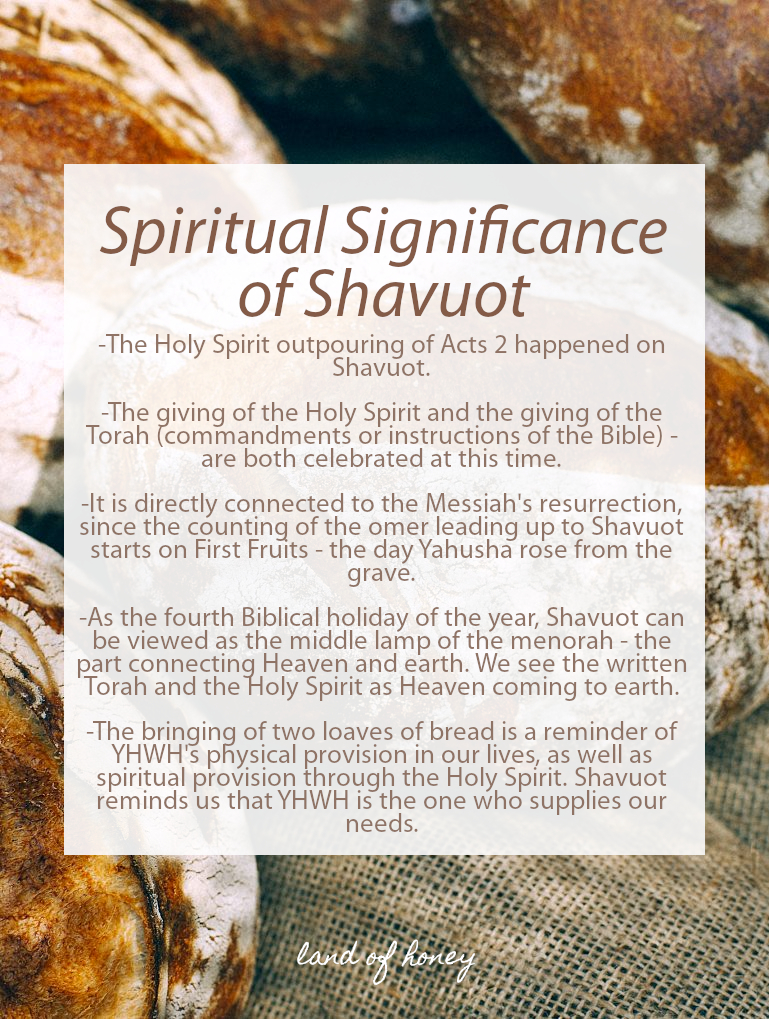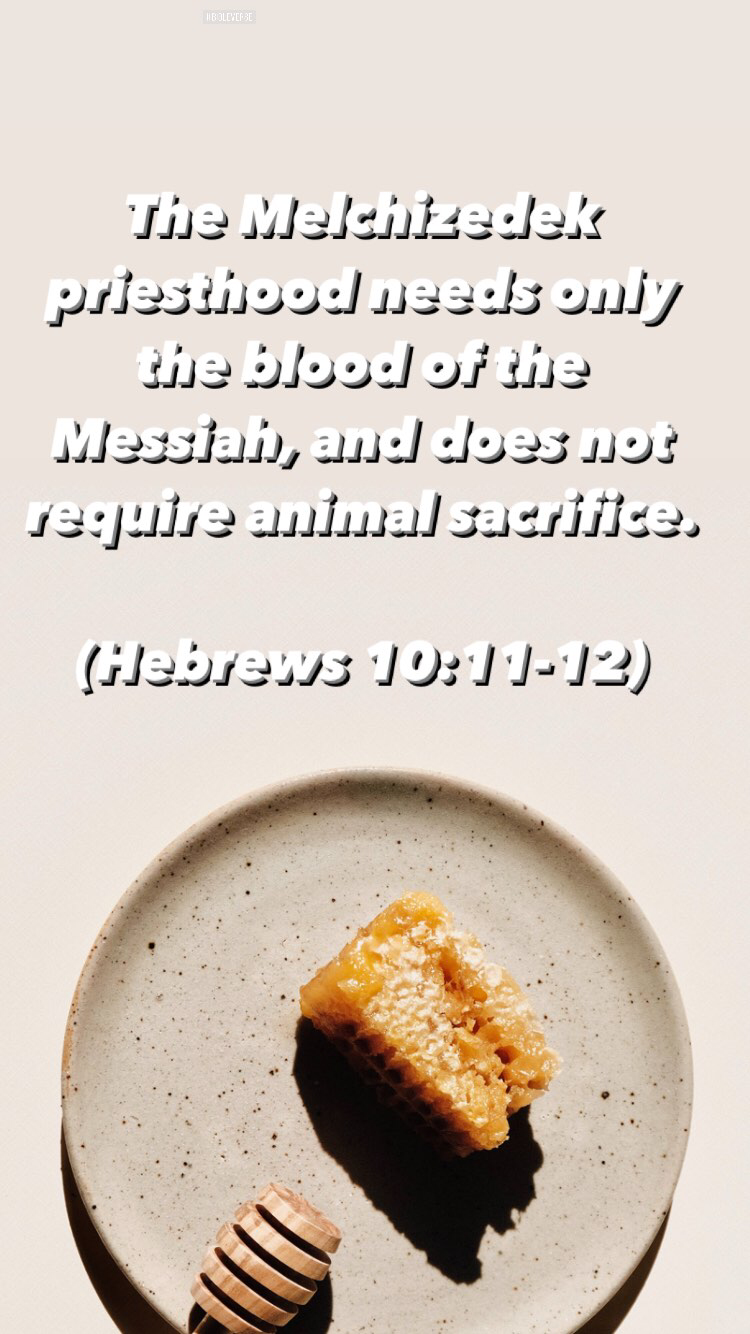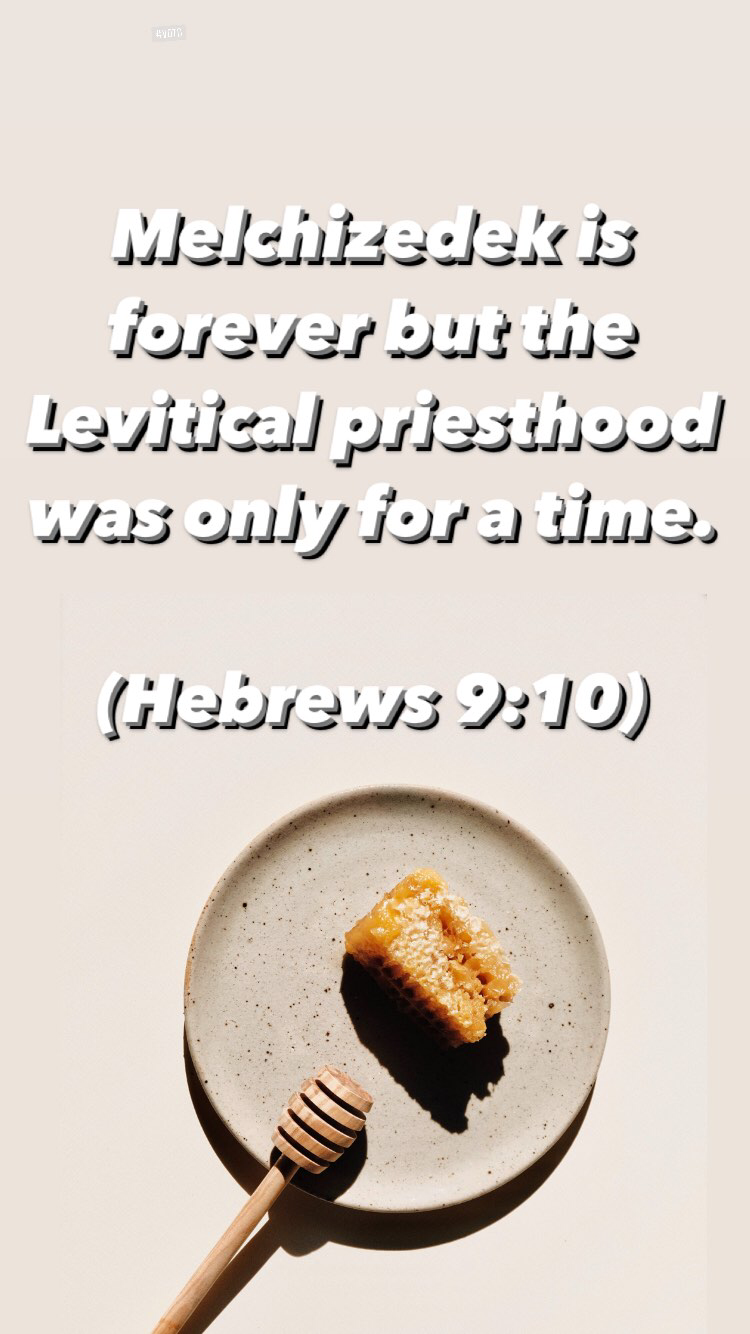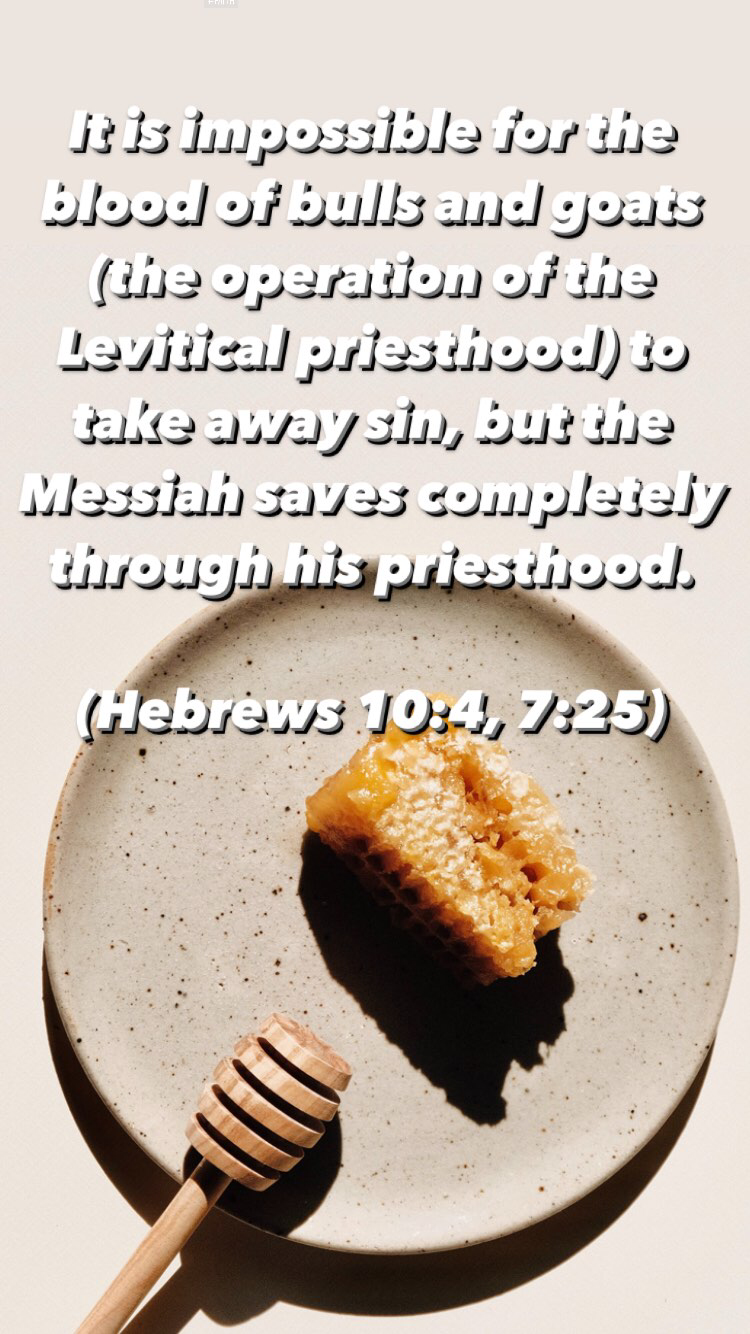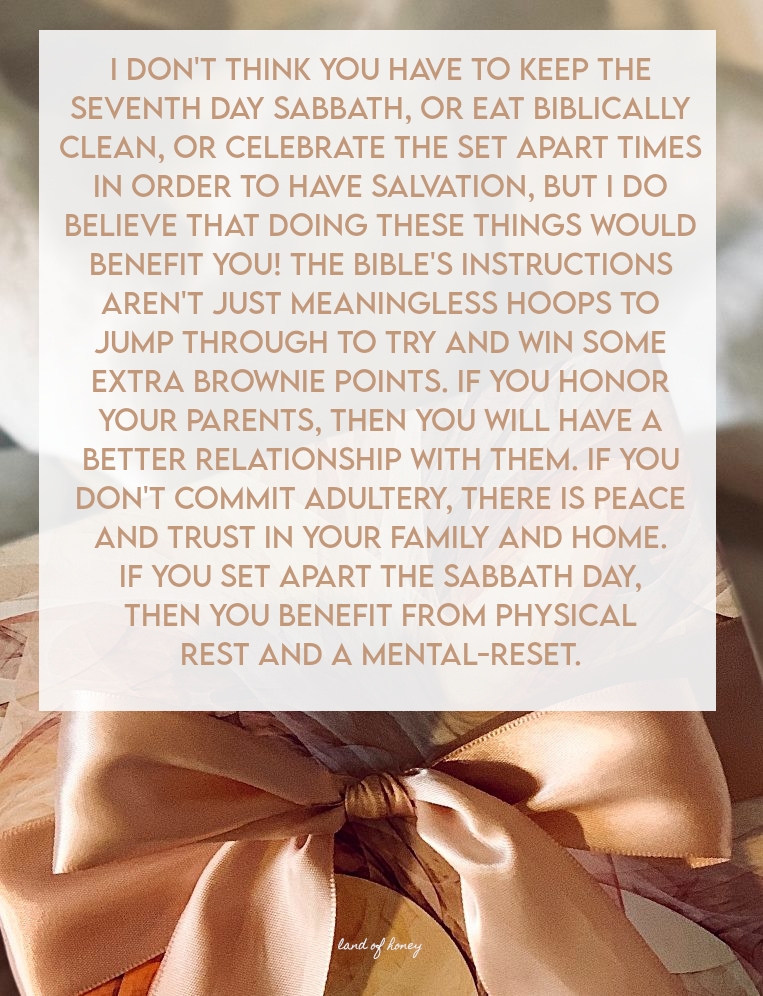Taking part in the Creator's set apart time of Shavuot is an option for you, even if it's not something you have ever done before! The Biblical holidays were given to all believers, regardless of ethnicity or nationality, and they are a joy to take part in. I believe that the Creator communicates much to us through these special times, and that our faith will grow by participating in them. Here's how to get started.
What you need to know about Shavuot:
-It is a one day holiday that happens fifty days after First Fruits.
-It is considered a Sabbath and we are not to work on it.
-This holiday is sometimes called Pentecost or the Feast of Weeks.
-The phrase, "counting of the omer," regards the counting of the fifty days leading up to Shavuot after the holiday of First Fruits, which is shortly after Passover.
-Biblically, Shavuot happens at the time of the wheat harvest, and Scripture instructs two loaves of bread to be presented to YHWH as an offering. This is a visual reminder of YHWH's provision for his people.
-It is a time for feasting, rejoicing, worship, and celebration.
Spiritual significance of Shavuot:
-Shavuot is the day of the outpouring of the Holy Spirit that happened in Acts 2. Believers were baptized in the Holy Spirit on a widescale that day.
-The giving of the Holy Spirit and the giving of the Torah (commandments or instructions of the Bible) - are both celebrated at this time.
-It is directly connected to the Messiah's resurrection, since the counting of the omer leading up to Shavuot starts on First Fruits - the day Yahusha rose from the grave.
-As the fourth Biblical holiday of the year, Shavuot can be viewed as the middle lamp of the menorah - the part connecting Heaven and earth. We see the written Torah and the Holy Spirit as Heaven coming to earth.
-The bringing of two loaves of bread is a reminder of YHWH's physical provision in our lives, as well as spiritual provision through the Holy Spirit. Shavuot reminds us that YHWH is the one who supplies our needs.
How to observe Shavuot:
-Take the day off from work, errands, homework, and household chores, so that you can rest and honor YHWH with your full attention.
-Take joy in worshiping YHWH, and studying the Bible. This is a great opportunity to go over the ten commandments with family, or to host a Bible study. Attend service at a congregation if possible.
-Invite the Holy Spirit into your mind, relationships, home, etc. Ask YHWH for a fresh outpouring and insight into how you can be a clean temple that is fit for his presence. Pray about if you need to change your thinking to be more align with the truth of Scripture, or if you have ungodly habits or addictions that need to be healed. You could also take inventory of your home and make sure the movies, books, decorations, etc. are honoring to the Living God.
-Consider being baptized in water. This can be symbolic of the baptism of the Holy Spirit, or you can view it as rededicating yourself to the Messiah and following his ways.
-Have two loaves of bread. Scripture talks about presenting a wave offering of two loaves of bread. A day or two before Shavuot, make or purchase bread as a celebration of the physical and spiritual provision in your life. You could go with a regular loaf or try something intriguing from an artisan bakery. Whatever kind of bread you like is appropriate for this - it could be sourdough, brioche, focaccia, rye, or gluten-free if needed.
-Enjoy a special meal. It doesn't have to be fancy or a lot of work! Invite friends to join you for a potluck. If you want to stick with the bread theme, a build-your-own sandwich bar or different types of bruschetta would be fabulous. Or slice up that bread and serve cheese board style, with fruits, dips, fresh veggies, and other relishes. Dairy products and honey are traditionally served at Shavuot, as reminders of the "land of milk and honey," and the richness and sweetness of the word of YHWH. Having ice cream sundaes for dinner would be extremely memorable for kids, or try one of these recipes for dessert.
There is some learning curve when you start to observe a new holiday, so give yourself grace about that. It takes time to get used to celebrating the feasts of the Creator and next year it will seem more natural and be even more fun! The Living God is honored by your efforts to take part in his set apart times!
More about the Biblical holiday of Shavuot:
Seven Ways to Celebrate Shavuot
Shavuot Scripture Reading List
Questions and Answers on Shavuot


